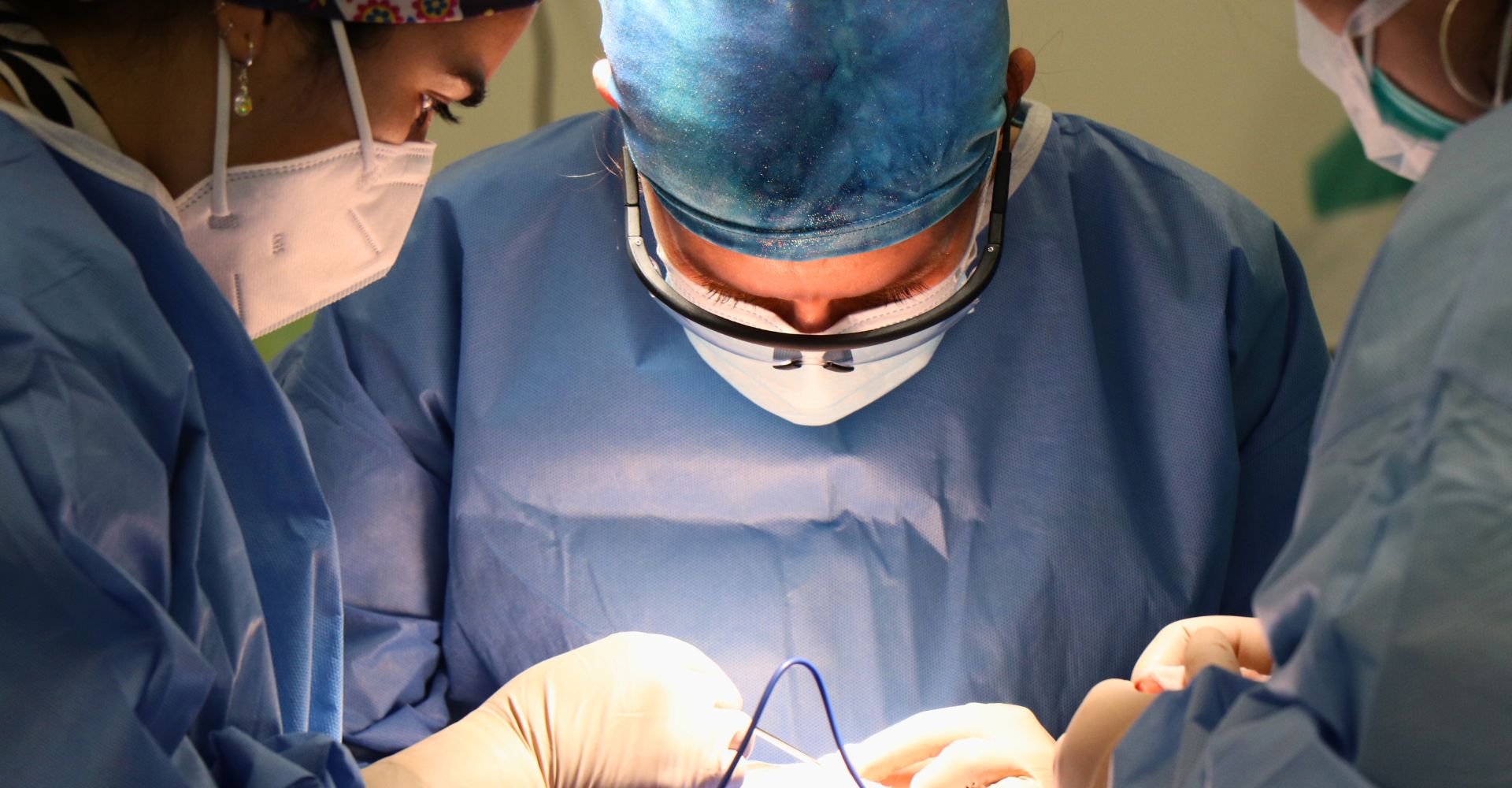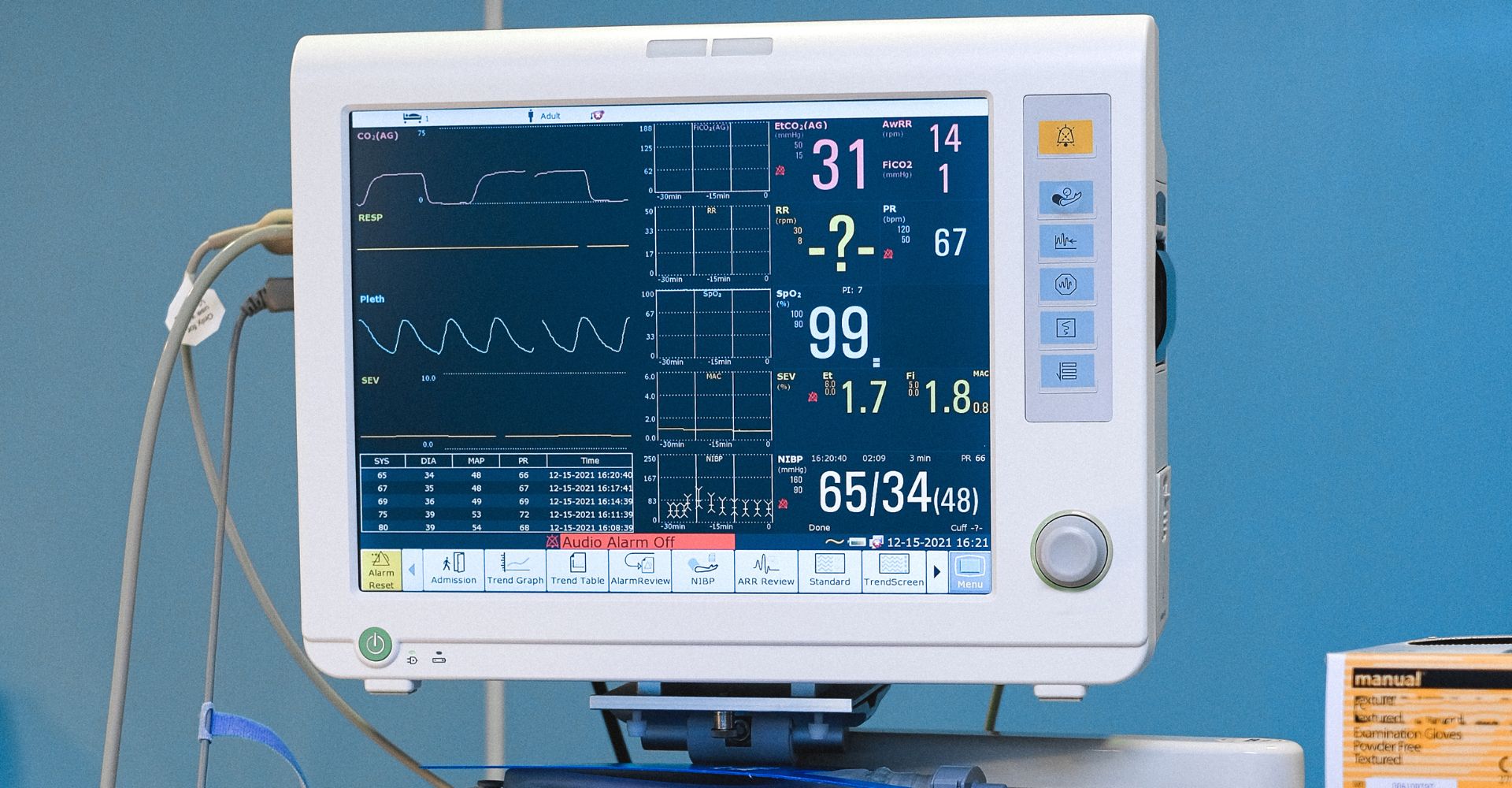 Loading... Please wait...
Loading... Please wait...Blog - co2 sensor
Best Practices for Implementing CO2 Monitoring in Your Medical Facility
Posted on 31st Mar 2025
As healthcare providers strive to enhance patient safety and care, the implementation of medical CO2 monitors is becoming increasingly vital. Capnography, the measurement of carbon dioxide (CO2) in respiratory gases, is crucial for monitoring patients’ respiratory status, especially in high-risk environments. Leading brands like Criticare or Edan, offered by Pacific West Medical, provide advanced CO2 monitoring solutions that ensure accuracy and reliability, equipping healthcare professionals with the critical information needed to make informed decisions rapidly.

Understanding the Importance of Capnography
Incorporating capnography into patient monitoring systems enables healthcare providers to continuously evaluate a patient's ventilatory status. Medical CO2 monitors provide essential data that can alert clinicians to potential respiratory abnormalities, ensuring timely intervention. Understanding how capnography functions and its vital role in preventive care is foundational to successful implementation.

Selecting the Right CO2 Sensors
Choosing the appropriate CO2 sensors is critical to achieving accurate and reliable monitoring. It is essential to evaluate the technology, quality, and manufacturer reputation. Working with recognized brands like Edan and others ensures your facility is equipped with durable, cutting-edge medical equipment. Proper sensor selection will lead to better patient outcomes through precise monitoring of respiratory rates and CO2 levels.

Training Healthcare Staff
Effective training is key to maximizing the utility of your CO2 monitoring systems. Ensure that your healthcare staff understands how to operate the medical CO2 monitors and interpret the data they provide. Offering on-site training sessions, as Pacific West Medical does for existing customers, can enhance staff proficiency and instill confidence in using capnography for critical decision-making.

Integration with Existing Systems
To create a seamless patient monitoring experience, integrating CO2 monitoring solutions with existing systems is crucial. Choose equipment that can easily interface with your current monitoring infrastructure. This compatibility streamlines workflow and improves data accuracy, giving healthcare professionals a comprehensive view of patient health.
Implementing CO2 monitoring in your medical facility is an essential step toward advancing patient safety and care. By understanding capnography and selecting the right CO2 sensors you can enhance monitoring capabilities. Place your order with Pacific West Medical today for top-tier medical CO2 monitors and expert guidance tailored to your facility’s needs. Together, let’s prioritize patient care and safety!
Contact Us Today

Improving Patient Outcomes Through CO2 Monitoring During Procedural Sedation
At Pacific West Medical, we recognize that monitoring patients during procedural sedation is critical for ensuring their safety and comfort. One of the key components to achieving this is the use of carbon dioxide (CO2) monitoring. By evaluating a patient’s respiratory status through capnography, healthcare professionals can significantly enhance patient outcomes in a variety of [...]

How CO2 Monitoring Can Help with Early Detection of Respiratory Distress
Early detection of respiratory distress is crucial for patient safety at Pacific West Medical. One of the most effective ways to monitor respiratory function is by using a medical CO2 monitor. These devices measure the carbon dioxide (CO2) concentration in a patient's exhaled breath, providing vital data that can signal potential respiratory issues. With timely [...]
Recent Posts
- » Best Practices for Implementing CO2 Monitoring in Your Medical Facility
- » Best CO2 Monitoring Equipment for EMS
- » Elevating Healthcare: The Future of Medical Device Sales
- » How Capnography Can Help in the Early Detection and Management of Sepsis
- » CO2 Monitoring for Conscious Sedation: Best Practices and Techniques
